Employees, executives, aides and others who’ve known Trump well say he’s not a book-reader so much as a room-reader, “sucking in information that he finds valuable,” grabbing “nuggets” that he thinks can help him get what he covets, which is some slurry of wealth, attention, respect and power. “A creature of feel,” the late strategist Pat Caddell described him to me in the summer of 2018, “a visceral stimulus creature”—who could repackage what he took in and sell it back to the hoi polloi. He talked to Pat Caddell about what he was picking up on the trail. “He would put forth his position or his feelings, and he would judge the level of the response to it, and that helped him organize, I suppose to whatever degree it was organized, his views about issues,” Caddell told me in 2018. “Things he said that didn’t go over disappeared. Things that did stayed.”
The Buddha of Brixton whose spiritual quest started when his sister was shot
it is in sitting with the realities of life, rather than fighting them, that we all find the best way forward in our lives.
How Wole Soyinka Inherited the Drama of the Gods — and Shadowed the Nigerian Tragedy
Long ago, his very life paralleled what he reached for in his work: the drama of the gods. As with those deities whose stories communities cast and reinterpreted as ritual and art, his public life morphed into mythos. Then he woke up one morning to find that his legend outgrew him. He wanted to be human again but his people would not let him; it was unthinkable, like Sango seeking to come down from the sky. Many faithfuls had altered the terms of worship, not because they thought the gods must always hover, but because the era of unimpeachable gods may have passed. And now, trapped in his sky, he was a deity on the verge of passing judgement.
It’s an absurdly vast house, among the largest in Manhattan, but the dining room is windowless,
creating a hermetic or stop-time sense, broken only by the household staff ferrying in time-of-day-
appropriate foods and beverages.
The journalist on the friendship between Donald Trump and Jeffrey Epstein
The problem with how people try to understand Trump is that they plug him into a whole range of assumptions about what a politician is, who a politician is, what his background is, what his interests are, and they try to see him through a political lens. In truth, none of that is apropos to Trump. He comes from somewhere entirely different. His experience has nothing to do with politics, has nothing to do with respectability, has nothing to do with the political logic of public life. That stuff is just not relevant to understanding Trump.
Why is former House Speaker Nancy Pelosi retiring from US Congress?
Pelosi has often told reporters that she enjoys a hot dog with mustard for lunch every day, plenty of Ghirardelli chocolates, and a breakfast that generally includes ice cream.
‘A Writer Who Has Nothing to Say Has Nothing to Write’
The second thing I hope to see from writers of my generation is sustained critical thinking about the state of Nigeria and Africa. It is good to have some capacity for political contextualization. And we must be bold enough to decentre the American and Western perspective and get back to discussing the world from a strictly Nigerian, or broadly African, perspective. Capturing Nigeria from Nigerian eyes is the only way for our work to benefit Nigeria. It requires us to pause and think deeper about our place in the world; we cannot progress without that humble acknowledgement that we have been slower than we are able to. It is precisely what our forebears fought for, a mental space for Africans to think for themselves, and yet we are drifting back intellectually and emotionally to the West and laying waste to a Nigerian ideal. It is true that rampant corruption and insecurity and the breaking of dreams have forced young Nigerians to seek belonging elsewhere, but it is a problem when our new intellectuals speak and all that comes out are ideas that are not about how Africa can be better but about how the West envisions itself. There is a new ‘we’ and they have hitched their allegiance to that, while continuing to mine the old ‘we’ for literary and traumatic material for career-branding. Stop. This issue of point of view originated in culture and politics—fields that resisted it—but is now finding new growth in literature. It is a weird performance, done for watching Westerners at the expense of your own people. When done intentionally, that, too, is betrayal.
OBITUARY: Doyin Abiola, pioneer female editor who birthed Nigeria’s first Saturday newspaper
“I have never met any other human being as good, caring, and loving as him. If you ask me, if I have to do it all over again, I will go for him. He was a good human being.”
Deconstructing the Worldview of Peter Thiel
The outcome is not a coherent philosophy but a sophisticated rationalization, a veneer of intellectual depth masking a project driven by personal grievances and anxieties transformed into cosmic dramas, where his fears become universal truths and his preferences, moral imperatives. Thiel’s philosophy is not a product of intellectual rigor or profound insight but rather a symptom of an arrested development, a retreat into a fantasy world where he can play the role of a hero and where he is not forced to grapple with the messy realities of human experience. His worldview, like an elaborate make-believe game, is ultimately incoherent, and profoundly out of touch with the actualities of human existence. It is not a philosophy for adults, but rather like the musings of a resentful child who clearly struggles to grapple with the complexities of modernity, and who has therefore permanently retreated into a realm of fantasy.
Obama’s Journey from Arrogance to Incompetence
I would put our legislative and foreign policy accomplishments in our first two years against any president — with the possible exceptions of Johnson, FDR, and Lincoln.” (The use of the word “possible” is priceless.) Mr. Obama has compared himself to LeBron James; his aides compared him to Michael Jordan. He clearly conceived of himself as a world-historical figure
Curtis Yarvin’s Plot Against America
Yarvin has little to say on the question of human flourishing, or about humans in general, who appear in his work as sheep to be herded, idiots to be corrected, or marionettes controlled by leftist puppeteers.
Peter Thiel, Irresistible Pariah
He believes that the truth exists, that the truth is rare, and that the truth is almost always obscured by the majority and the minority alike. They are locked in their own battle for power; whichever narrative is more fashionable often passes for the truth in any given milieu.
Johnny Depp : “I was a crash test dummy for MeToo”
He is a man who cannot help but be excellent company, largely because he appears to treat his entire life with enormous incredulity.
This sentiment is borne out in Adichie’s novels, which have long taken aim at the frivolity of Western speech: its overconfidence, sanctimony, surfeit of politeness, and fuzzy ideas.
While the row revealed the author’s heterodox politics, it was also, in many ways, an age-old trap: Adichie was certainly not the first high-profile West African artist urged to weigh in on a context-specific hot-button issue in place of a qualified expert from the same region. Her pluralist perspective can also shroud the unique cultural context in which Adichie—an Igbo woman from an academic family in Nigeria—is situated and which has shaped her ideas.
Asake on Success, Spirituality, and Searching for Peace Amid the Chaos
“Even me, I did not know that I would be that guy. I was dreaming, the way Nigerians dream that they will be a superstar one day.”
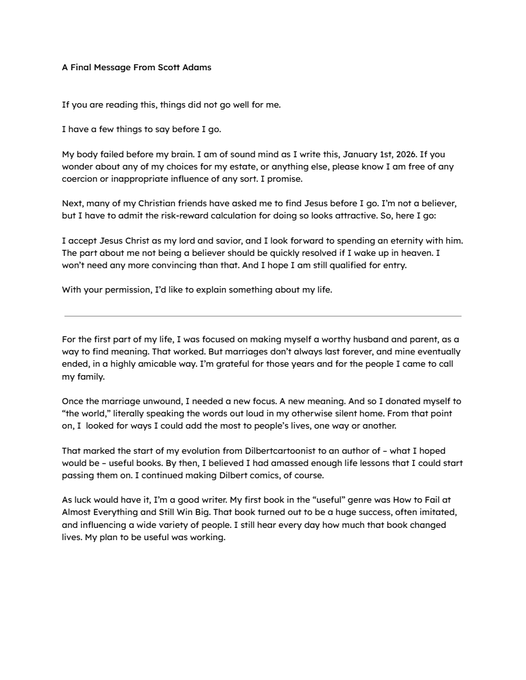
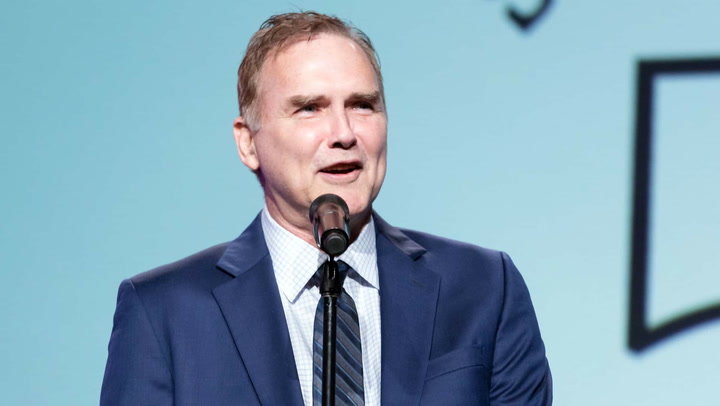
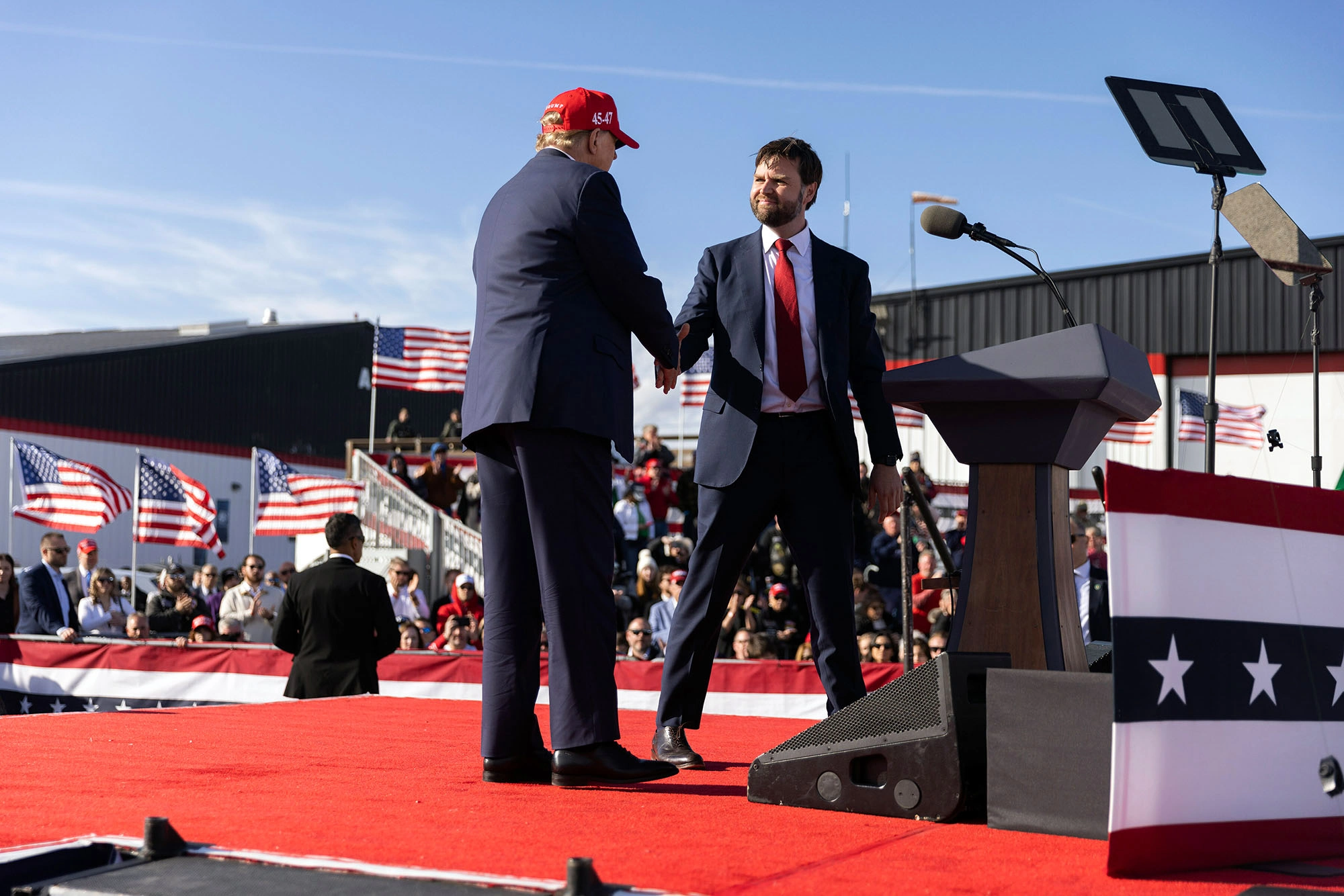
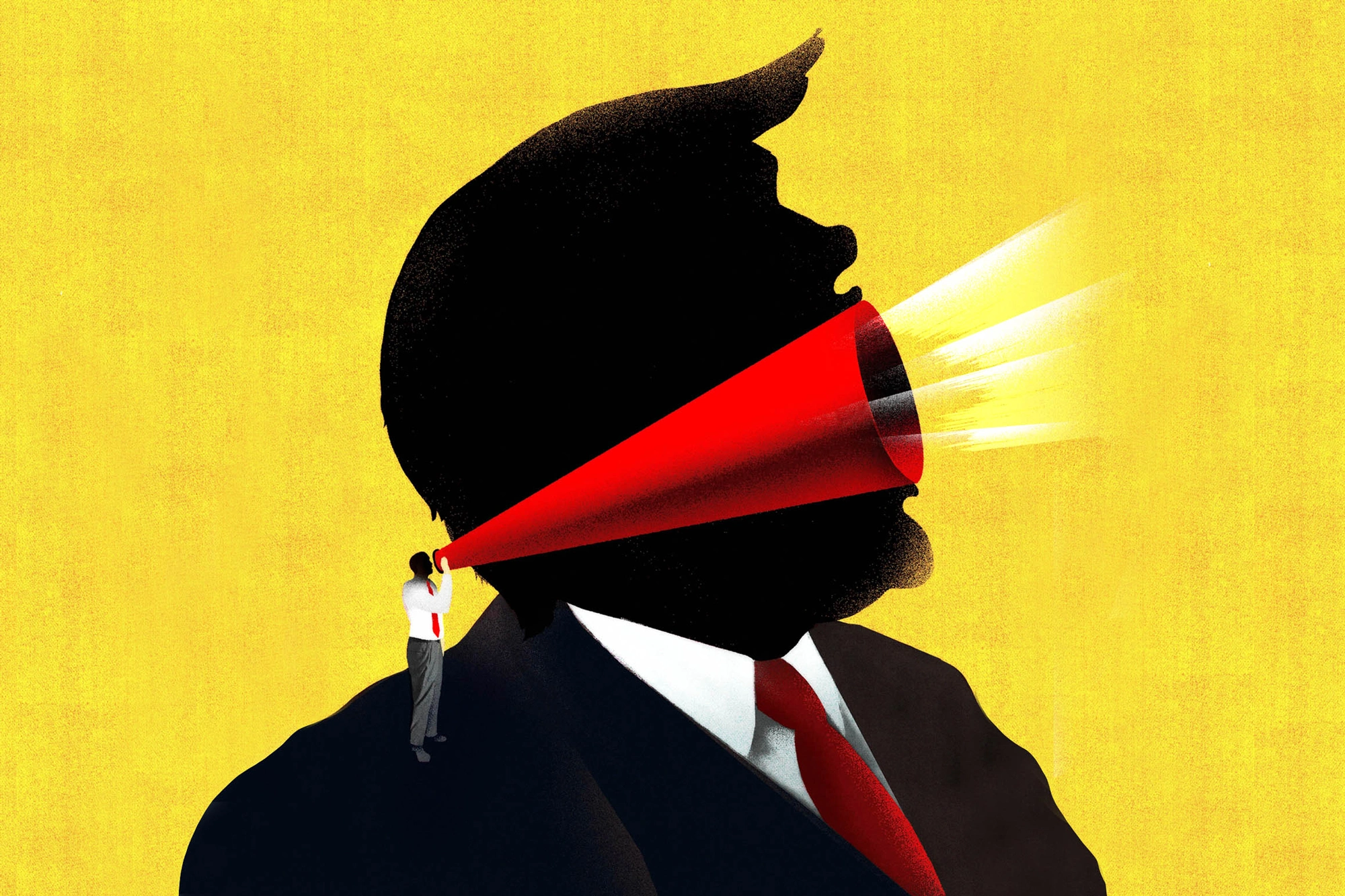
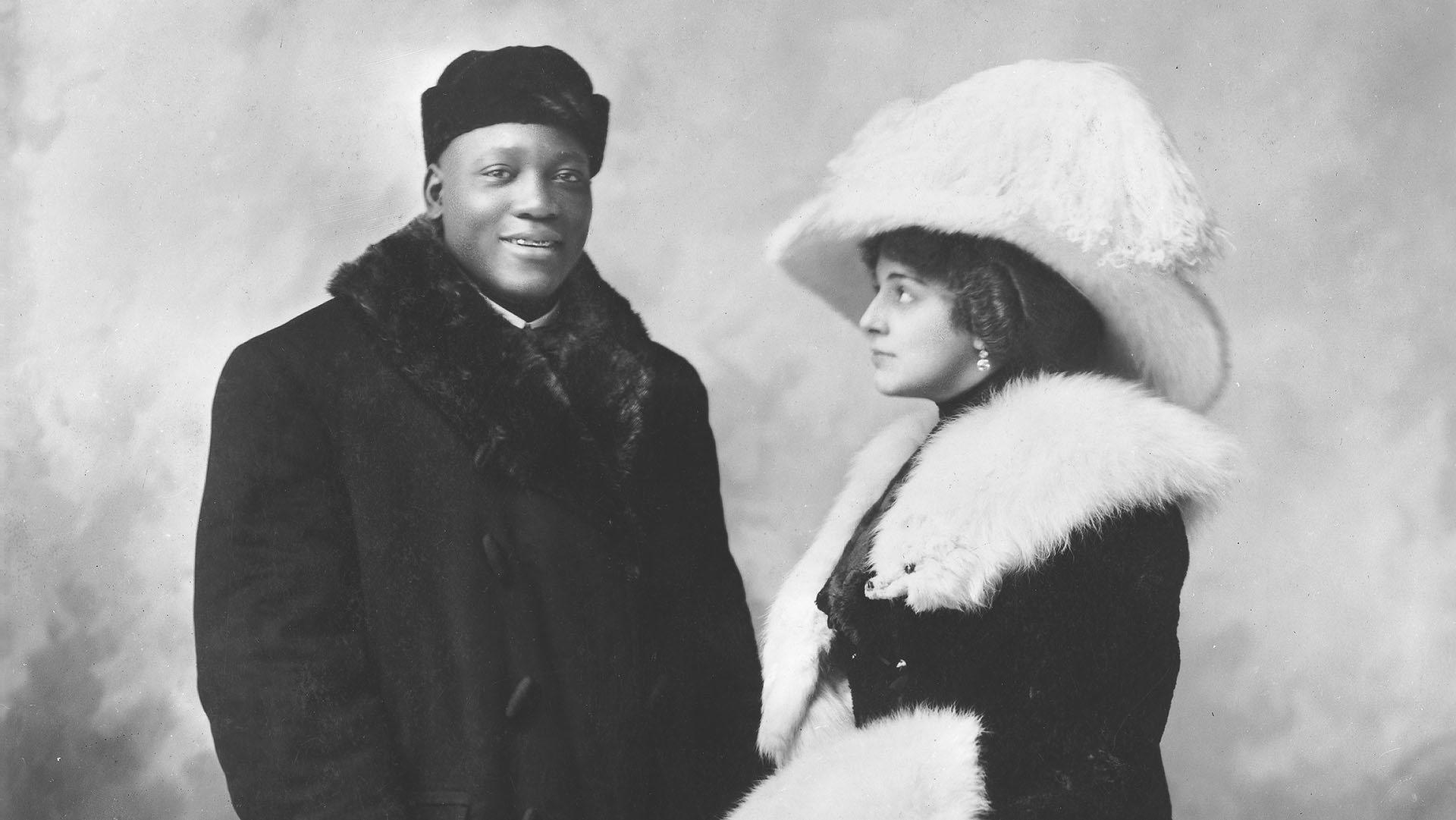
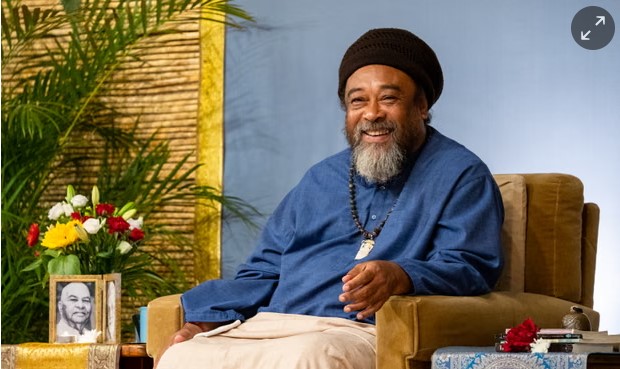
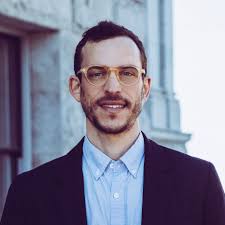
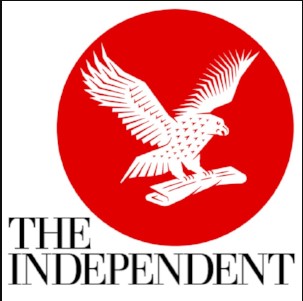

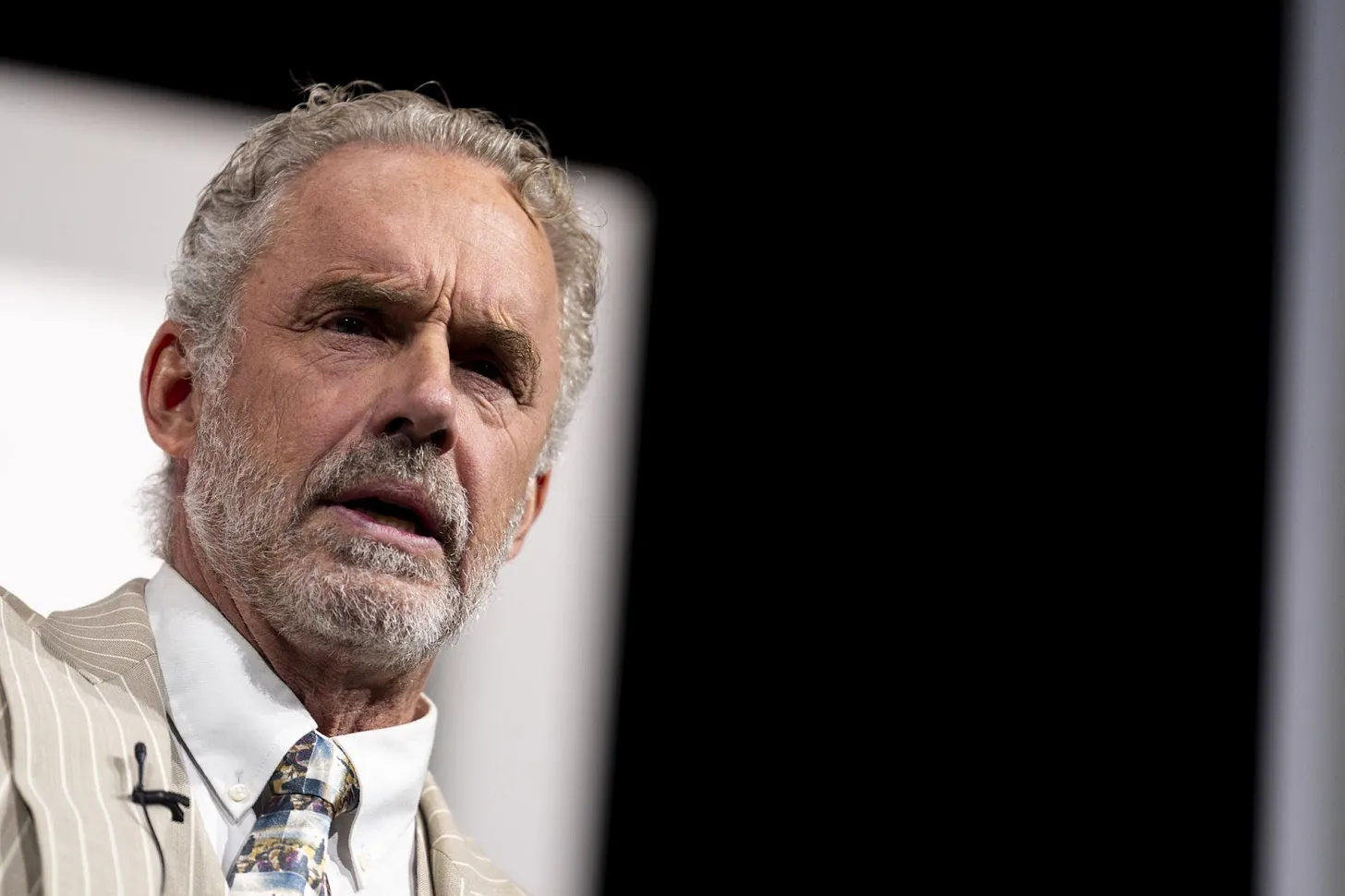
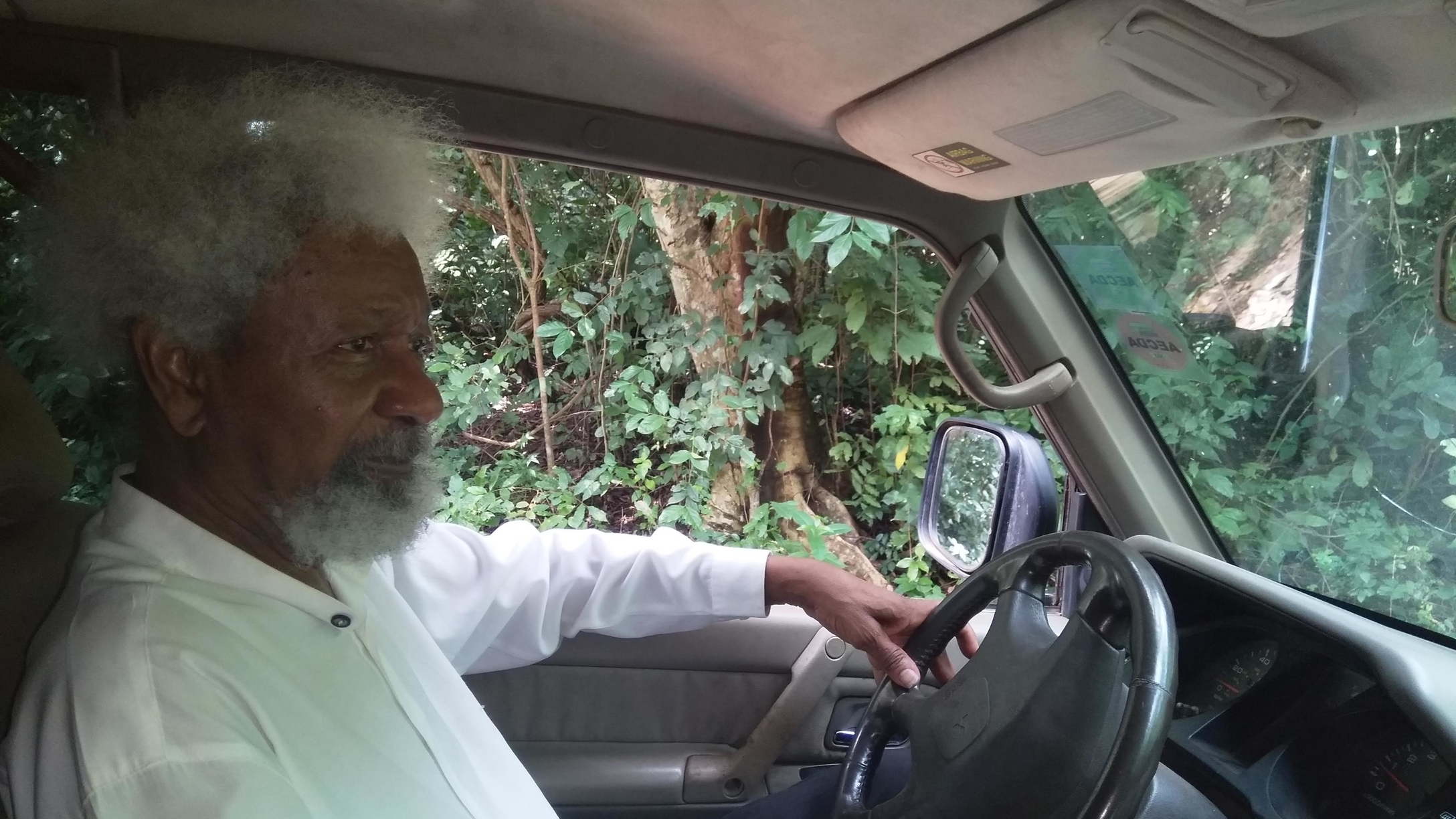
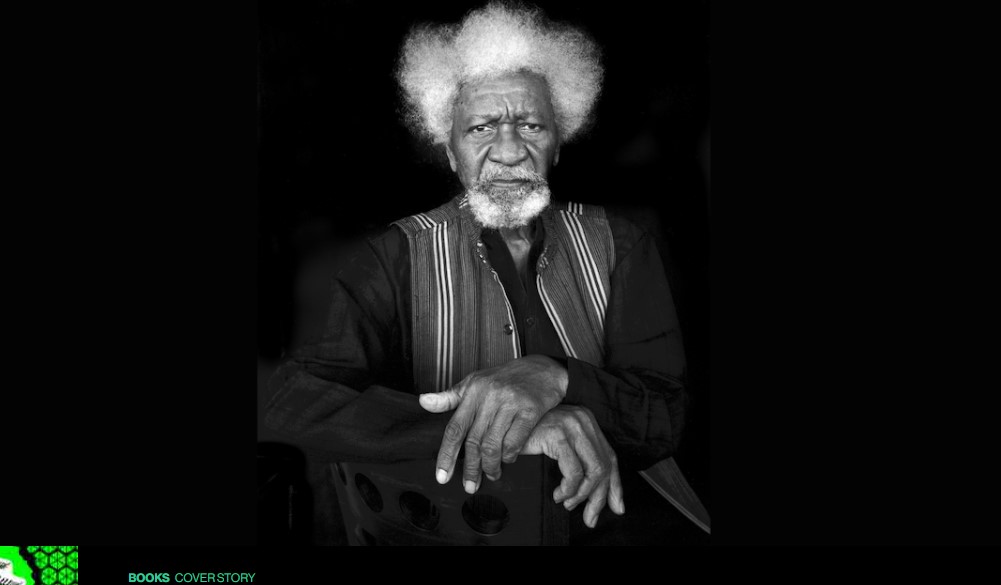
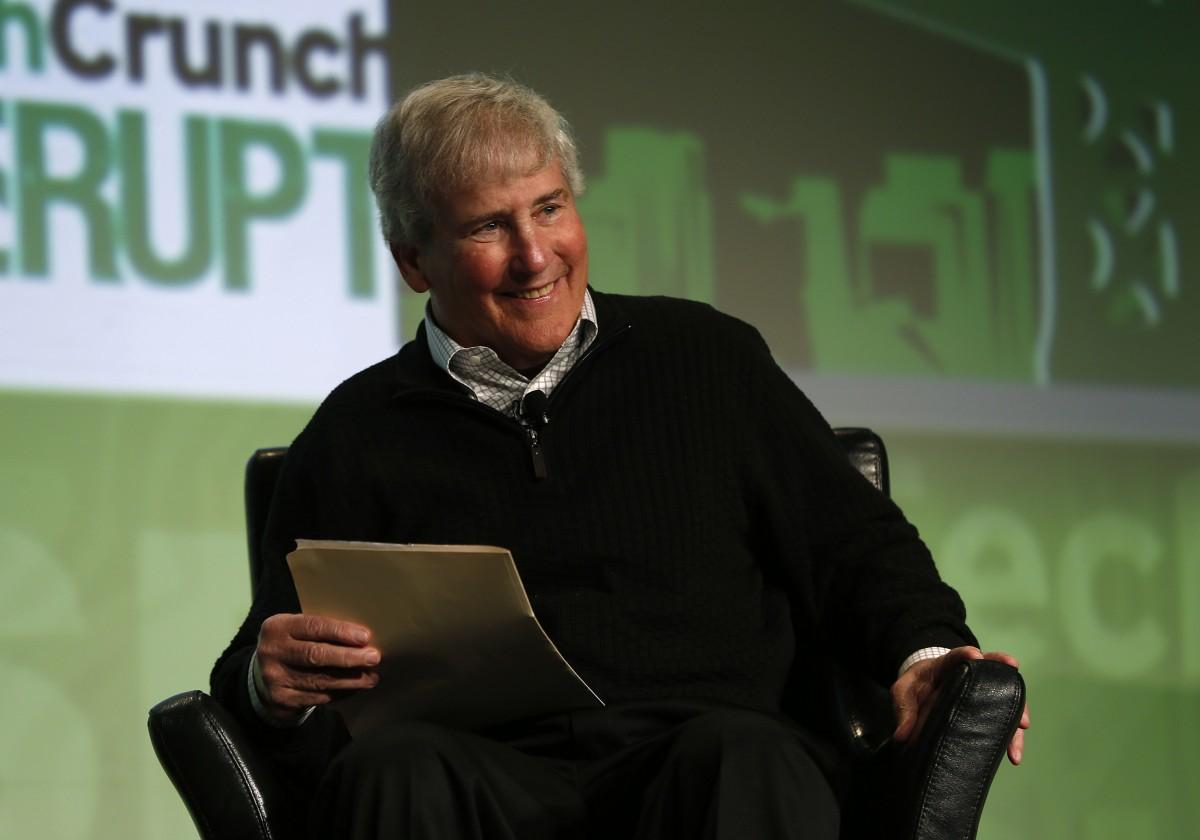
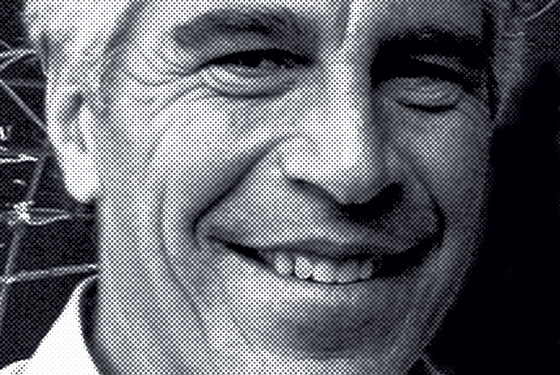

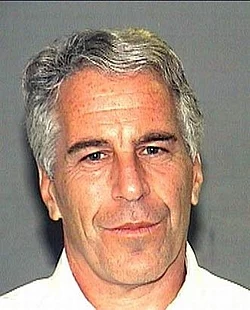

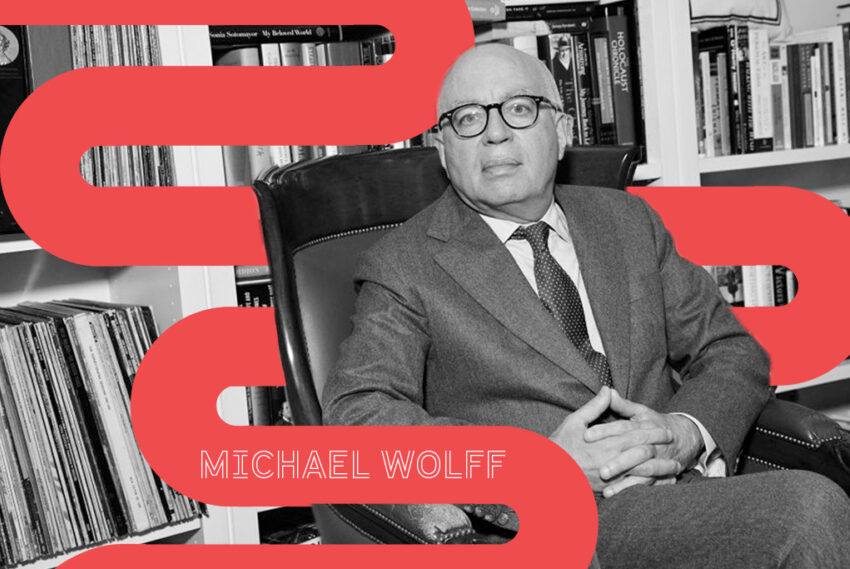
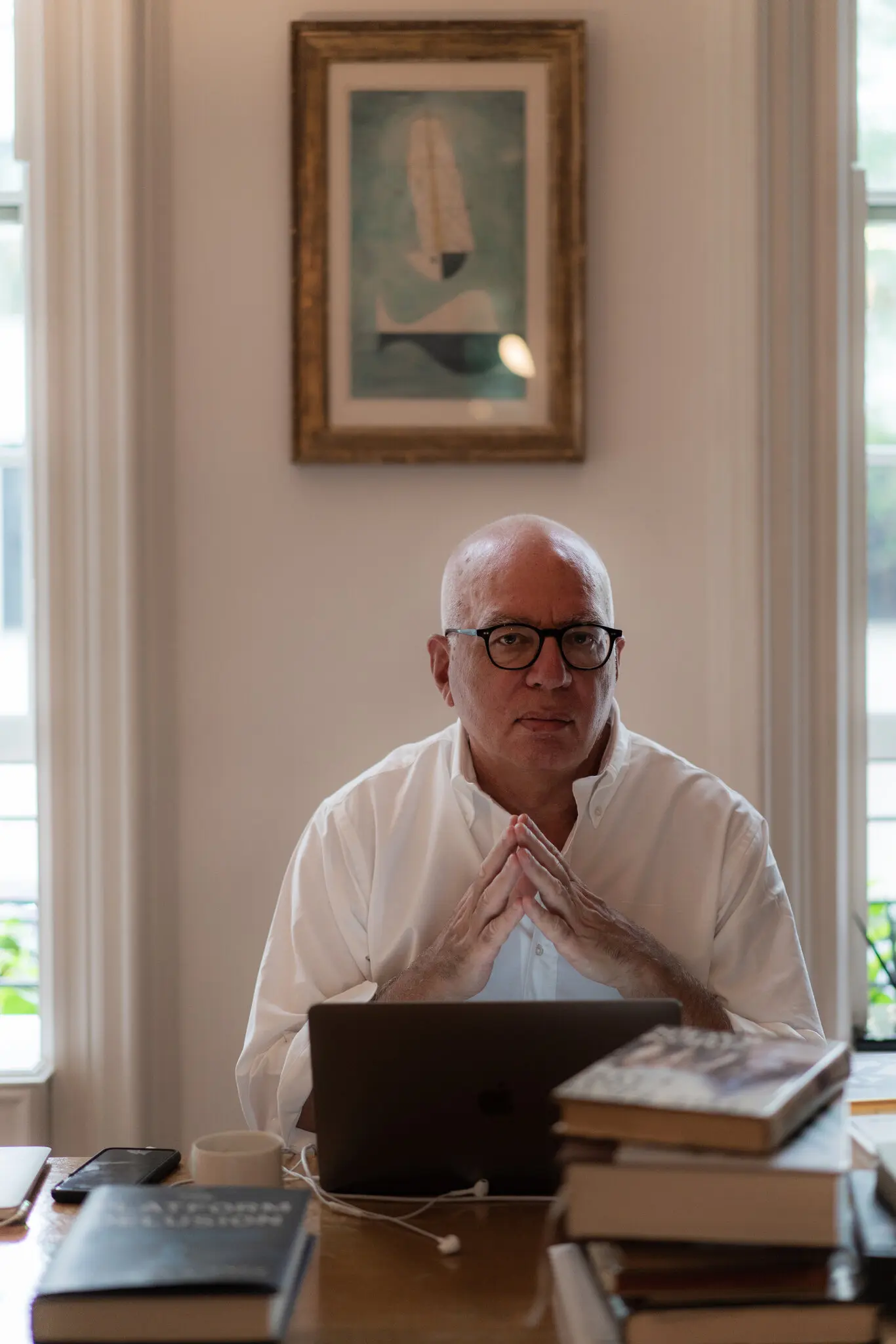
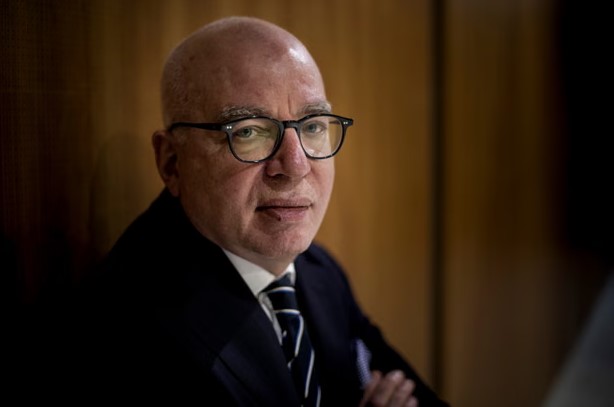

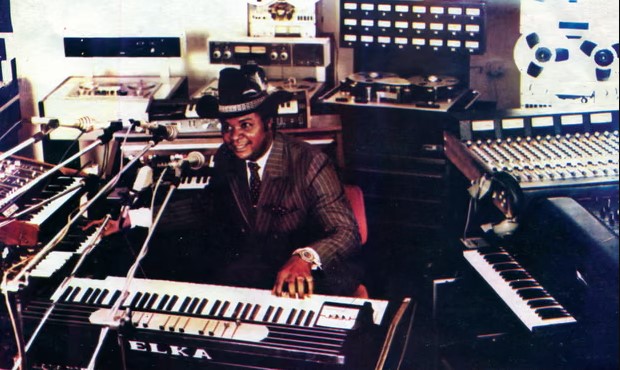

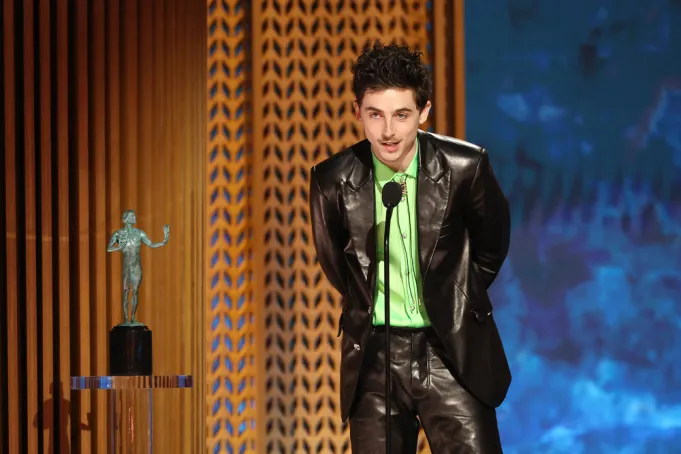

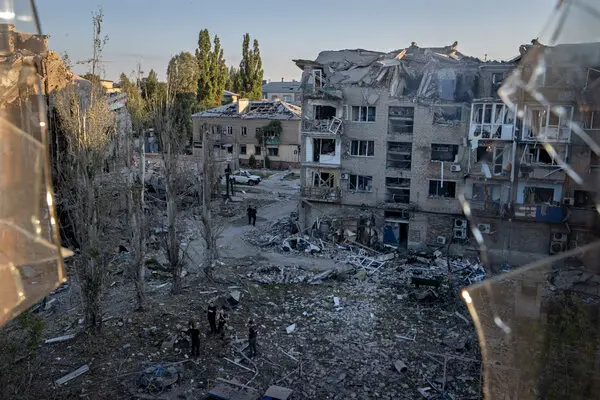
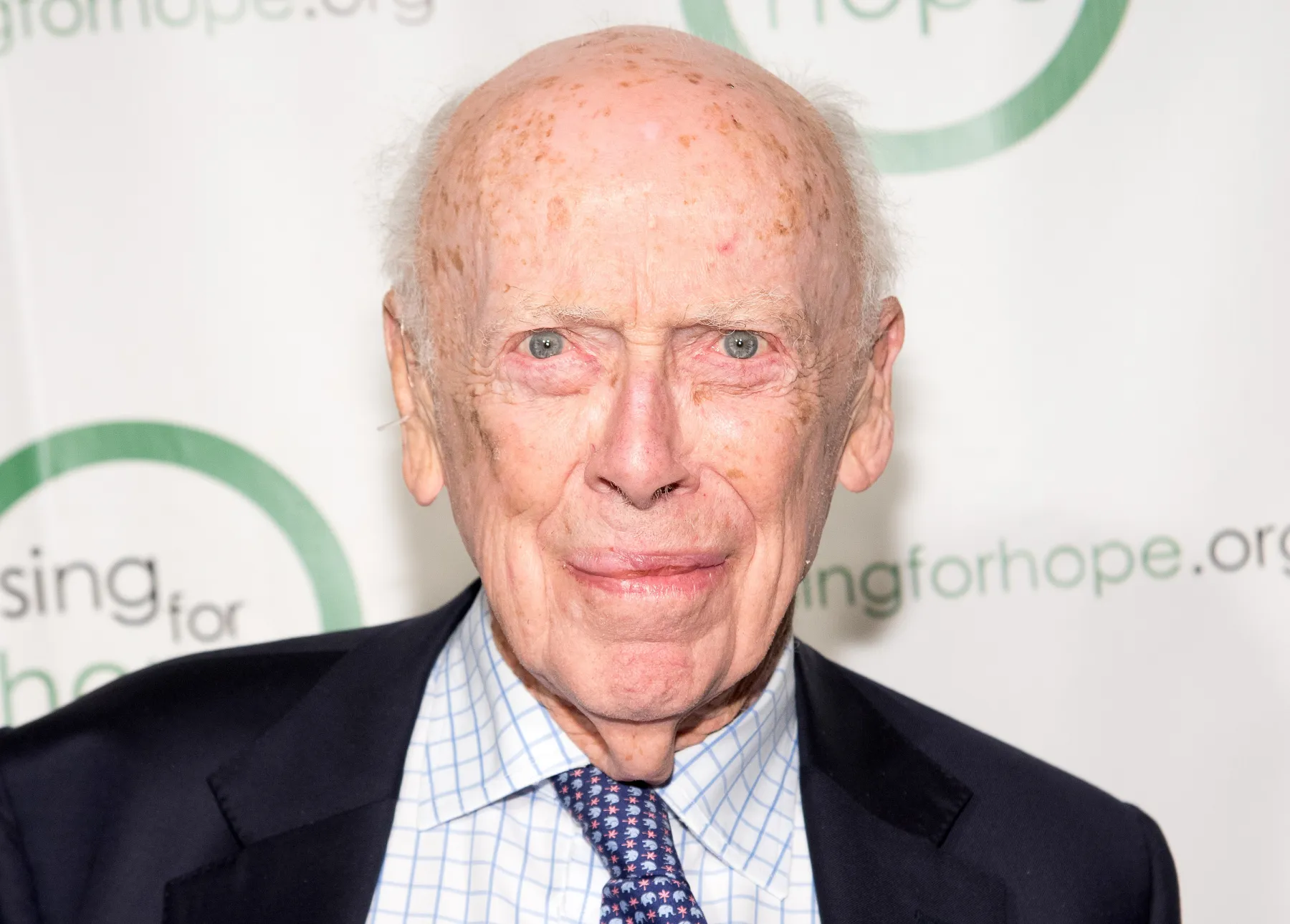
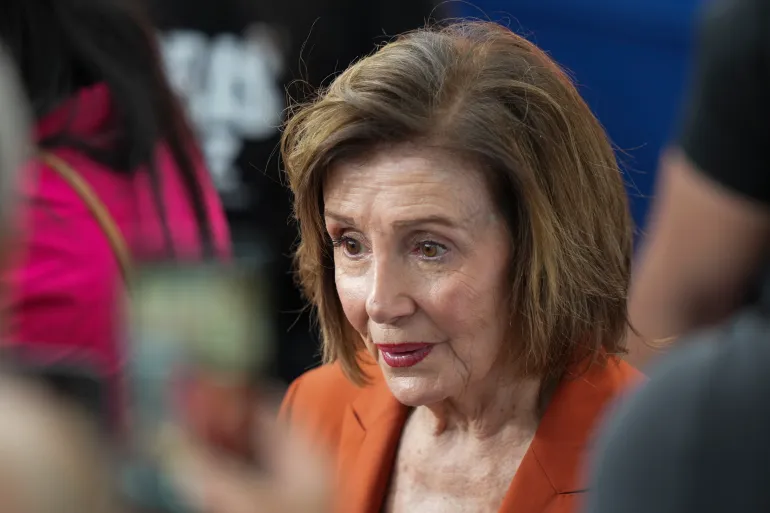
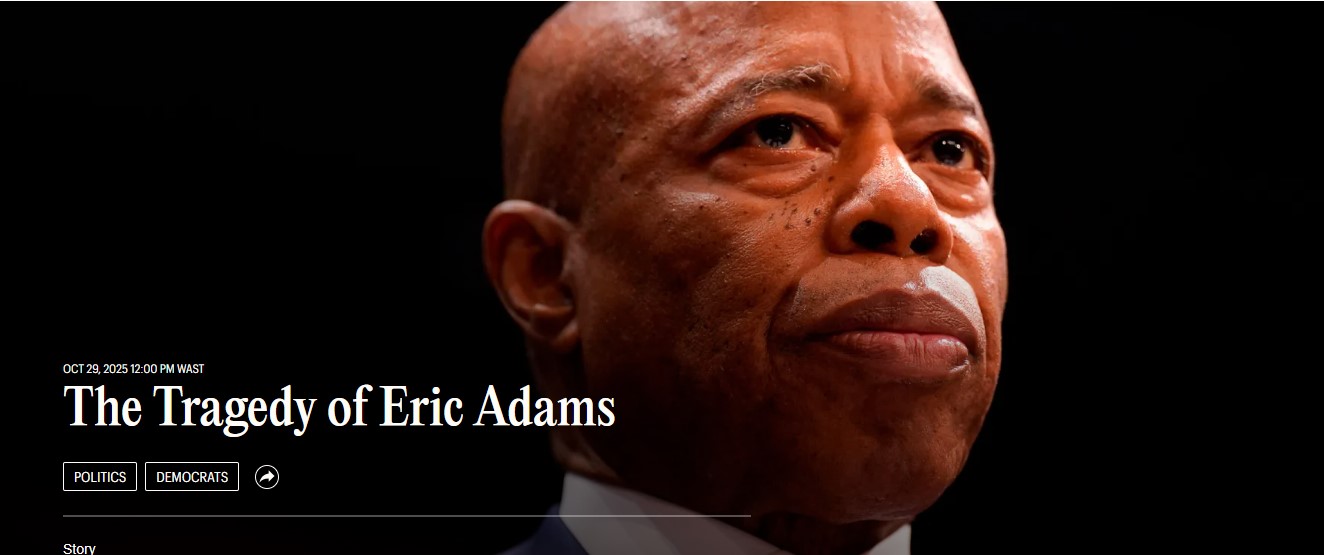
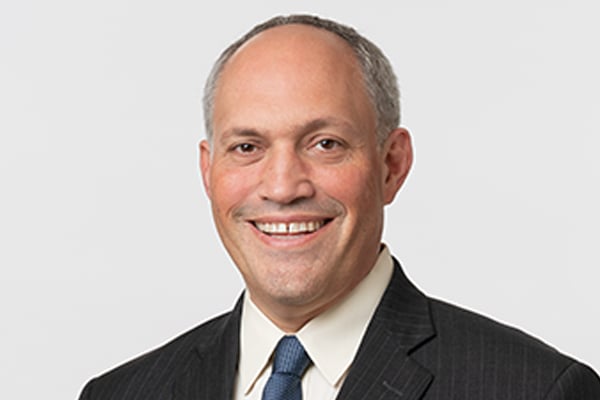
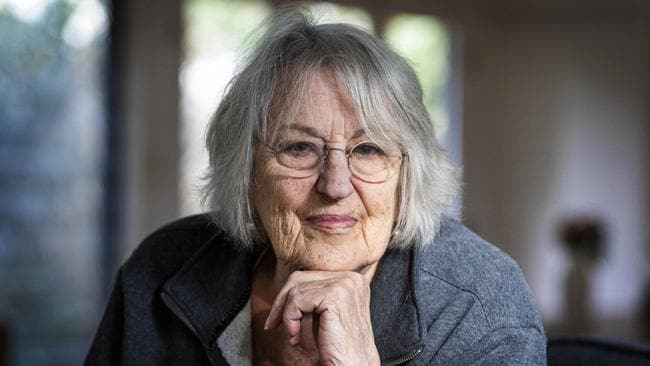
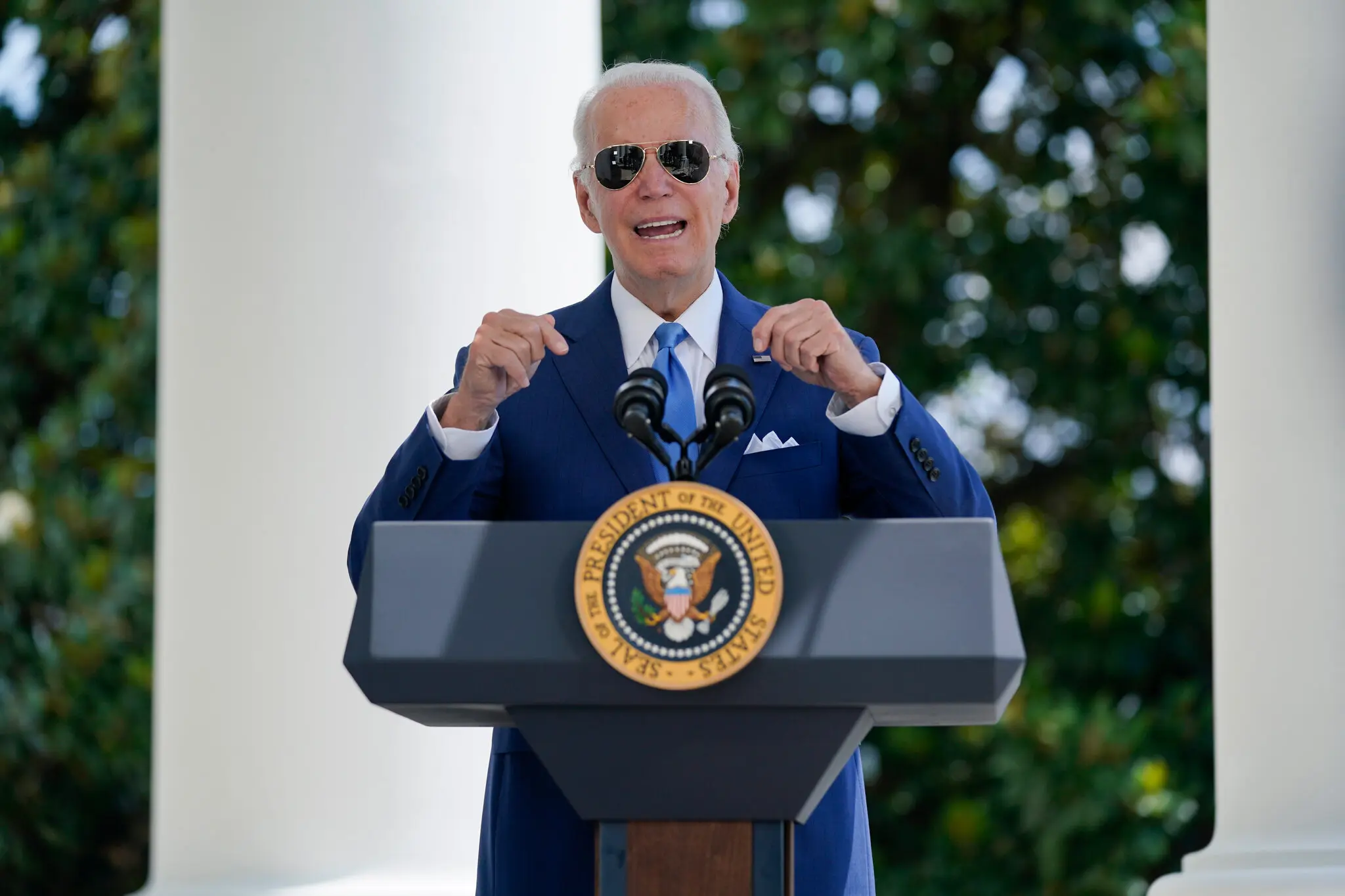
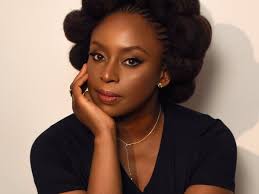

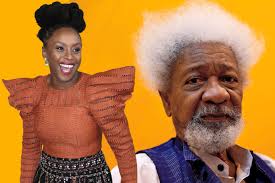
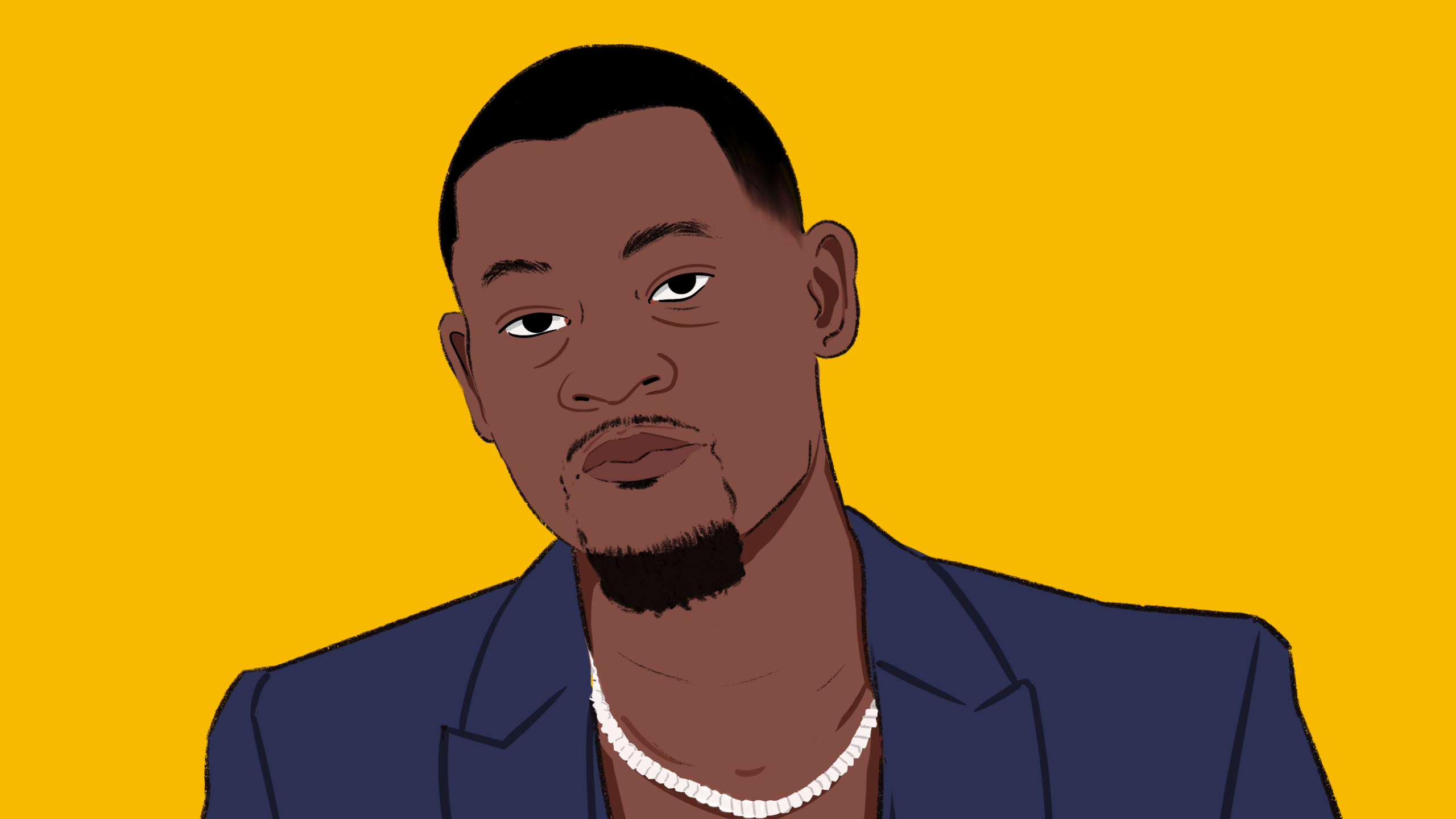
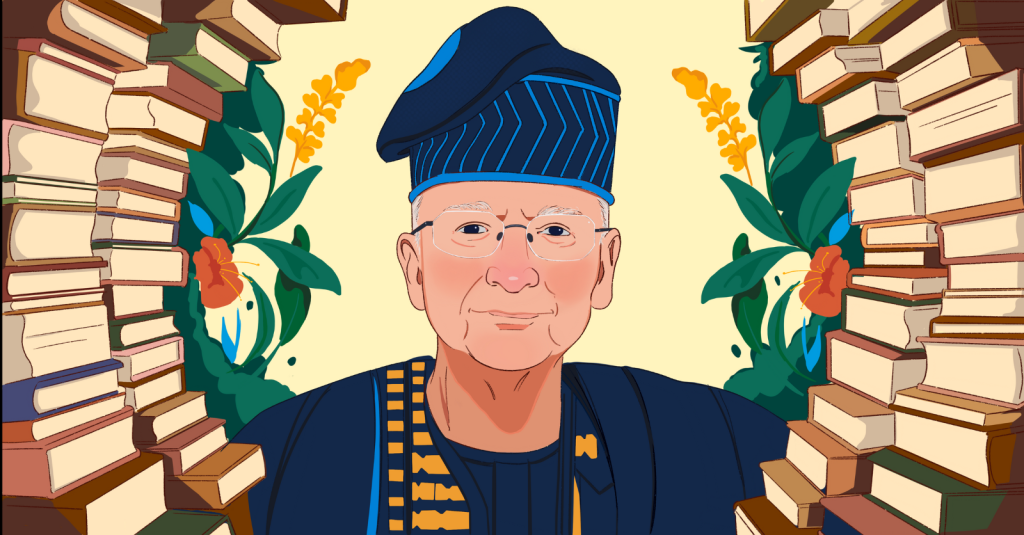

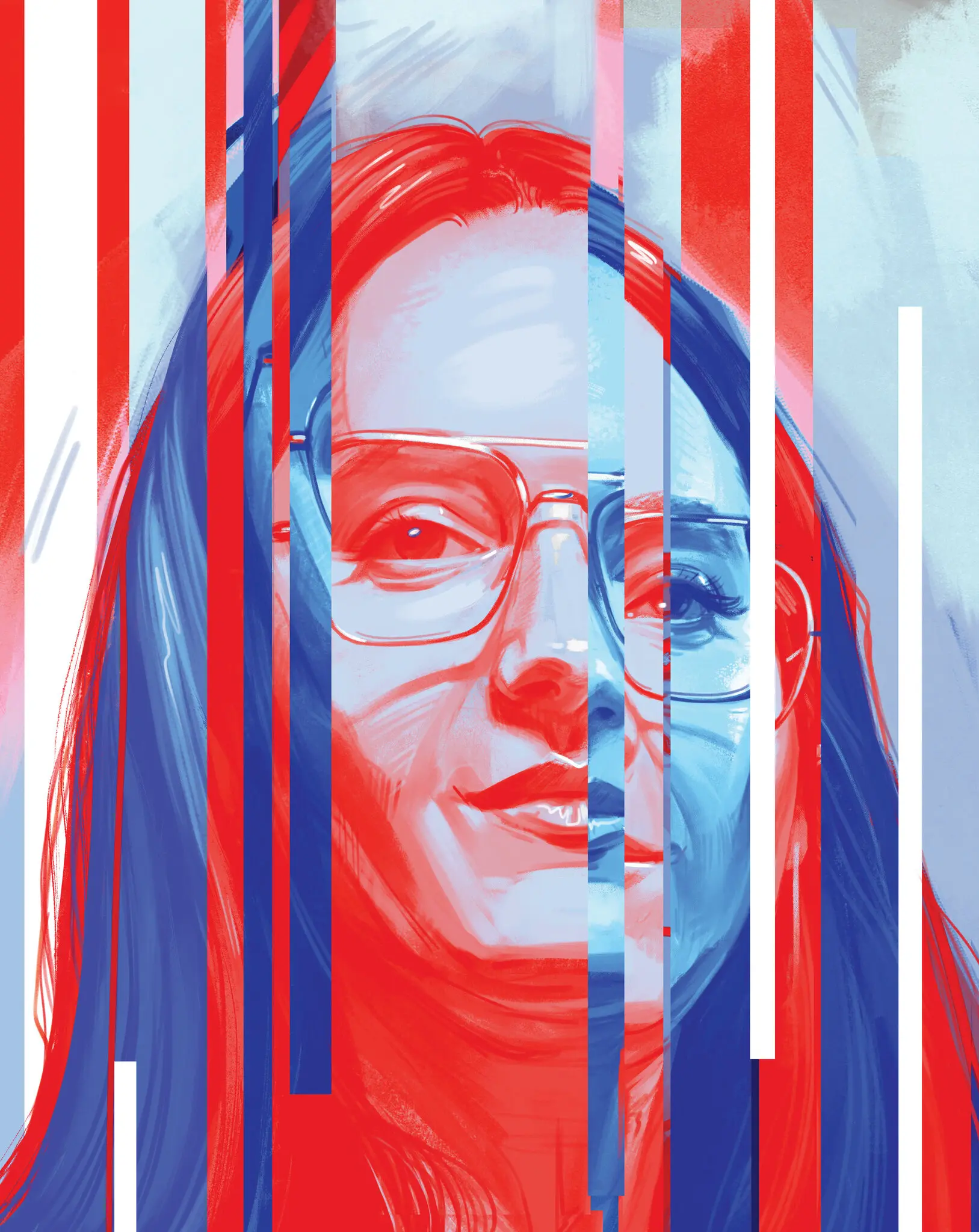
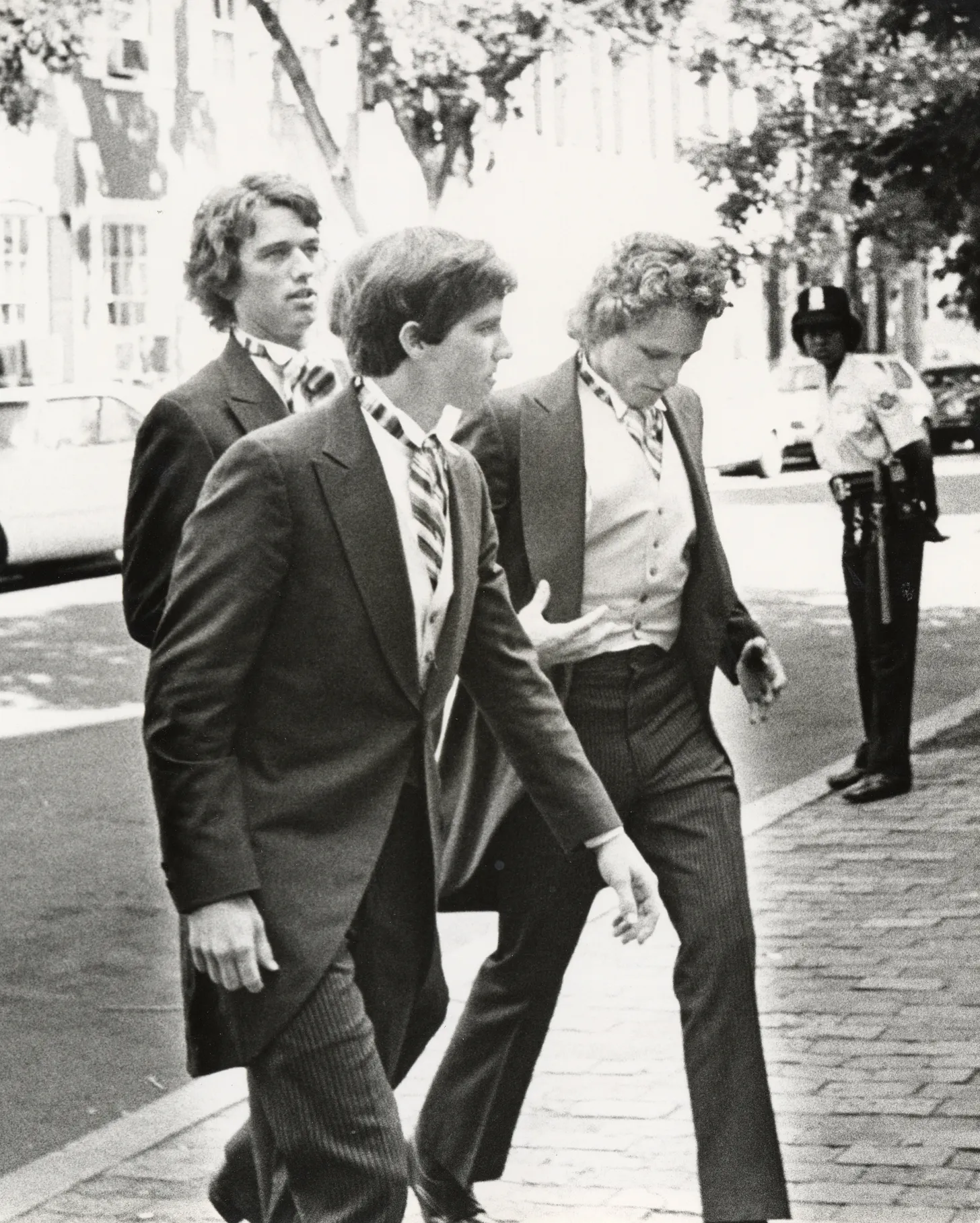
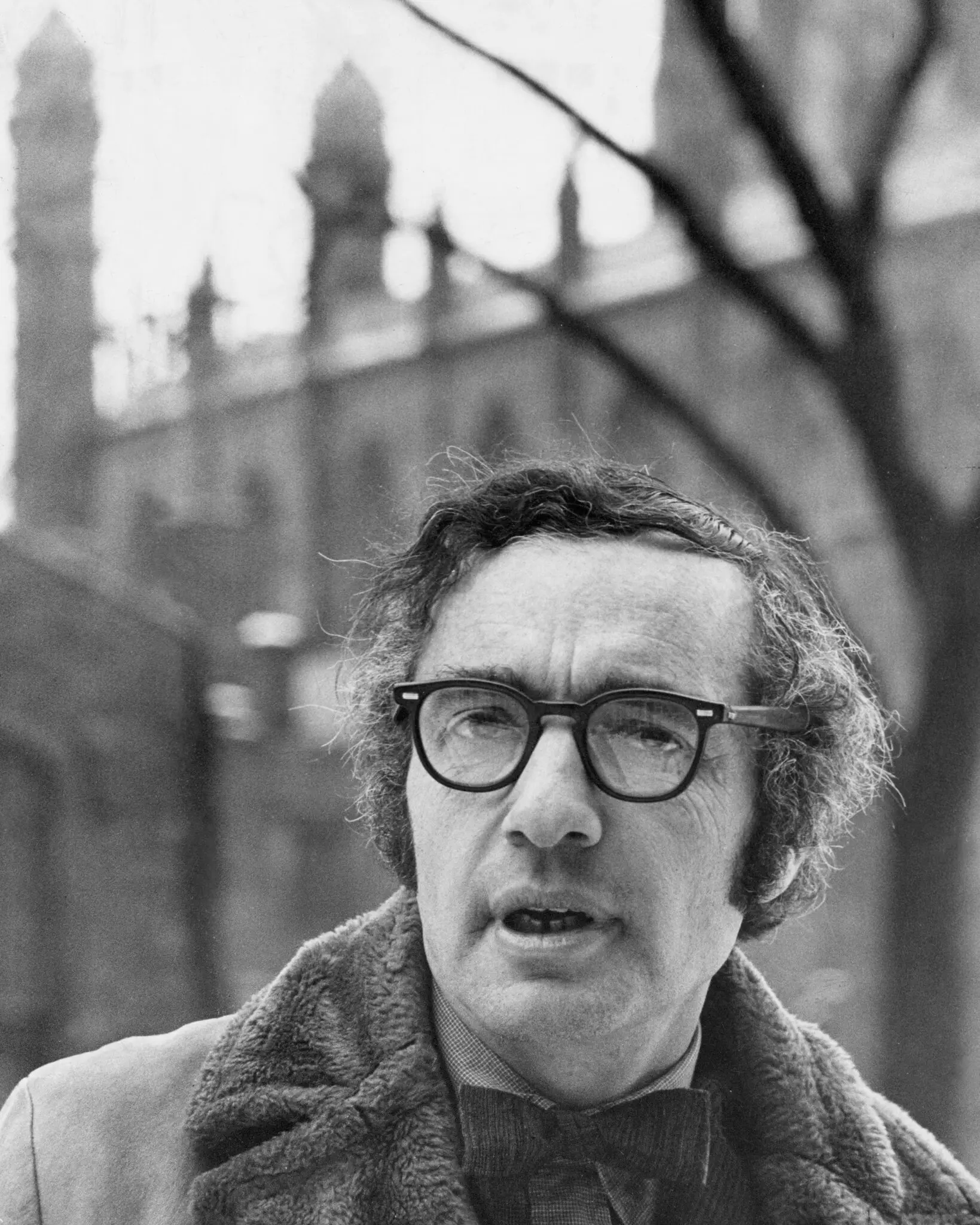
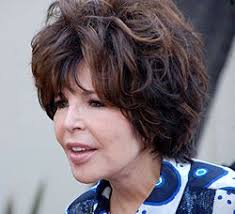
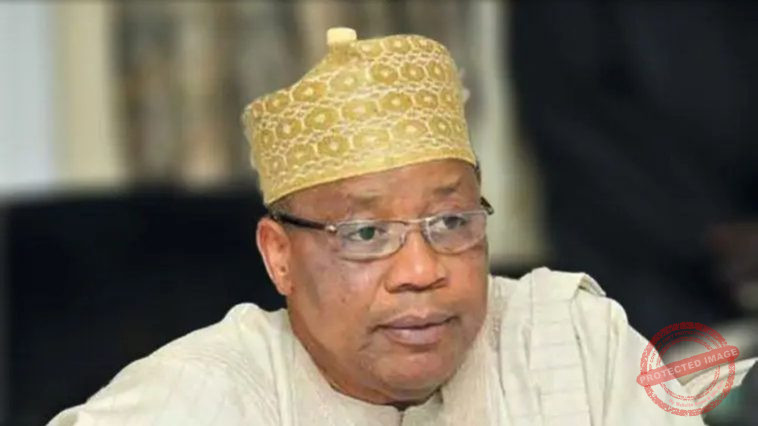
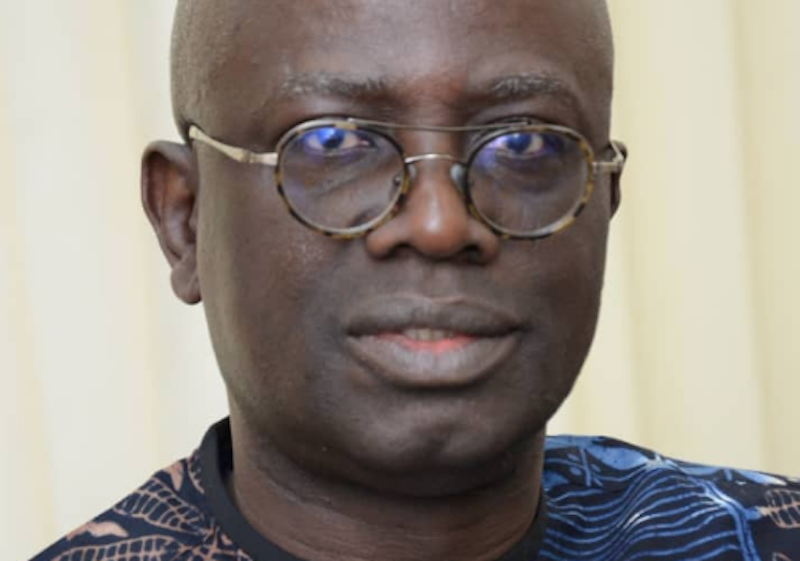
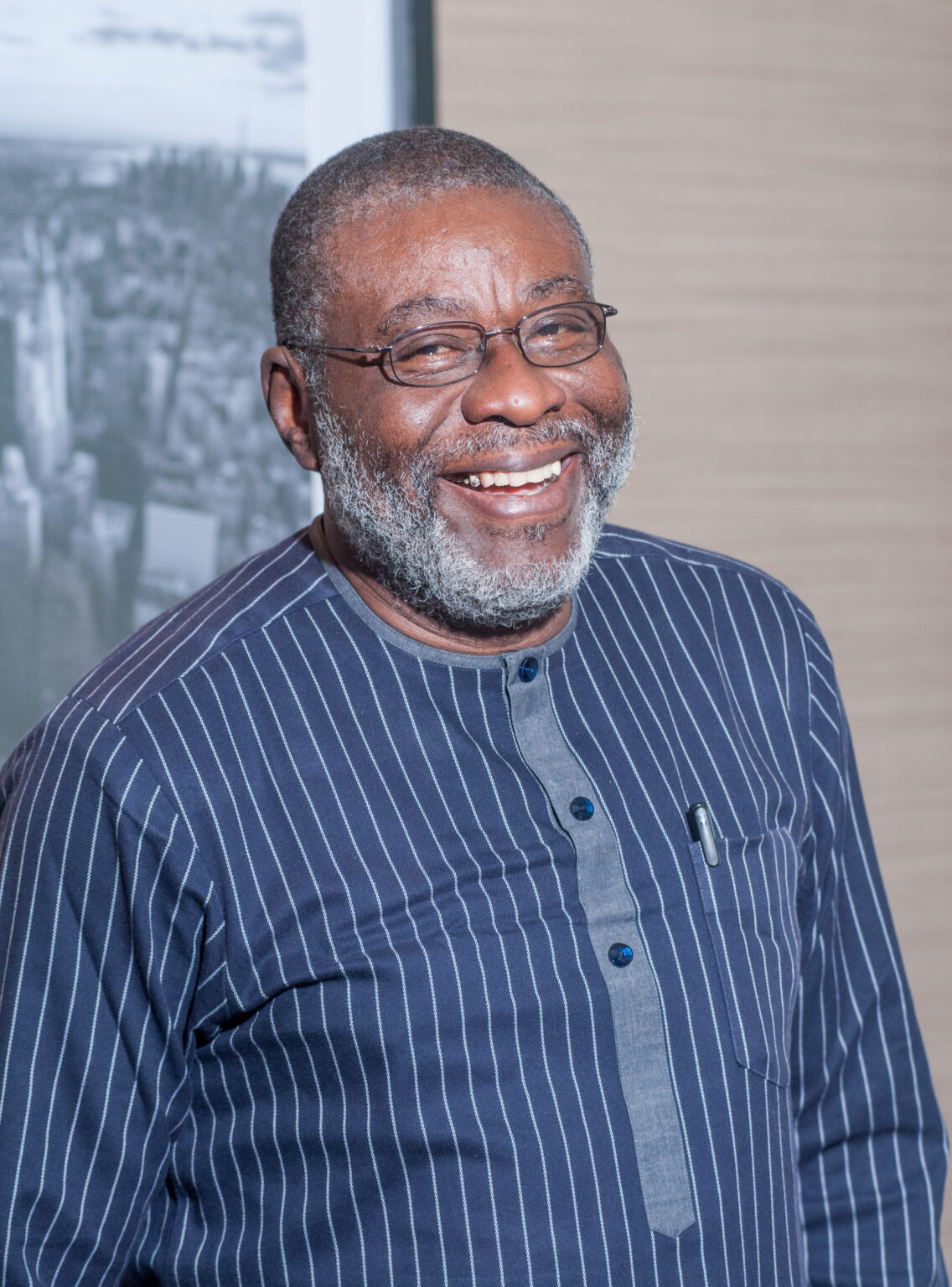

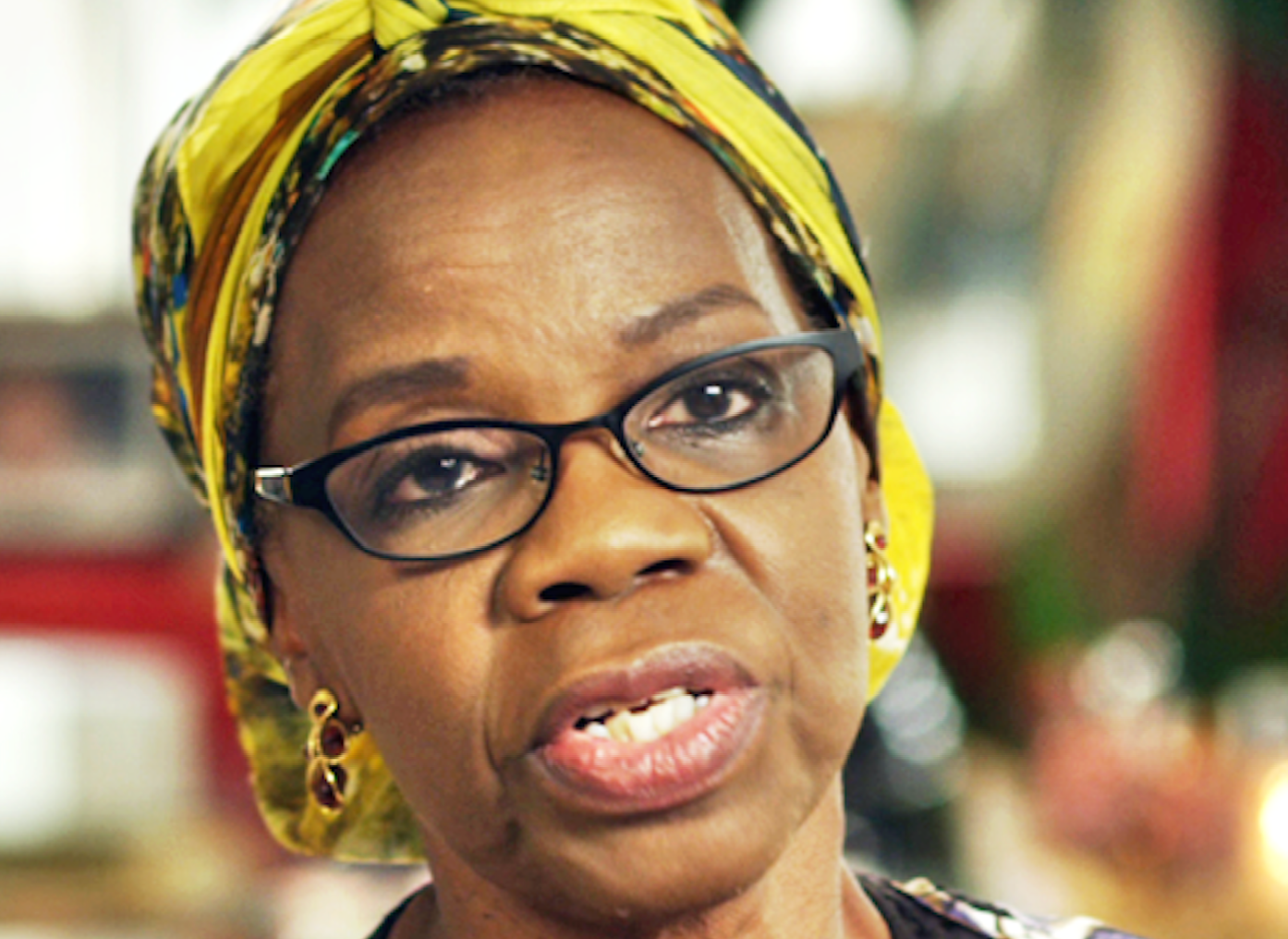






























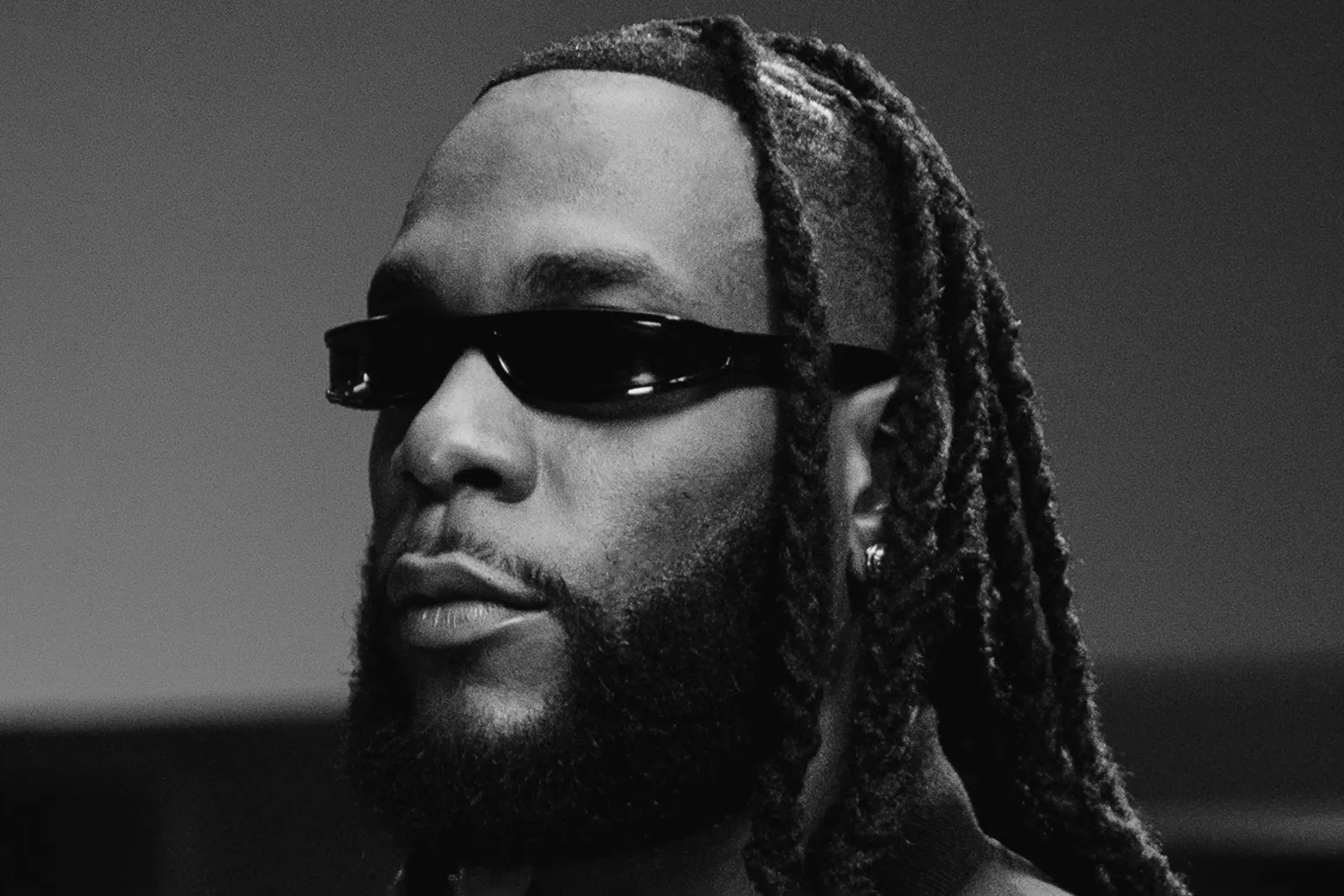
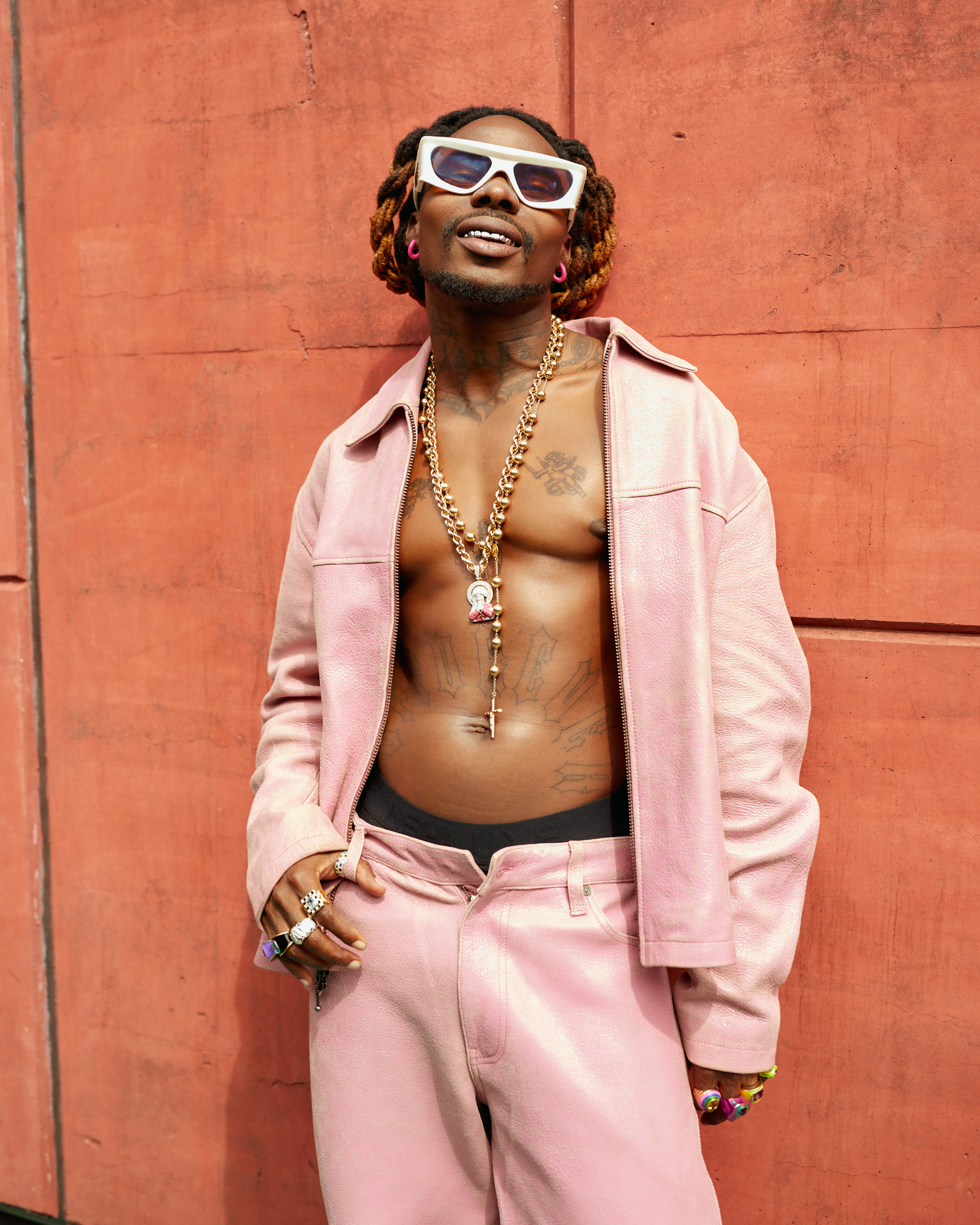
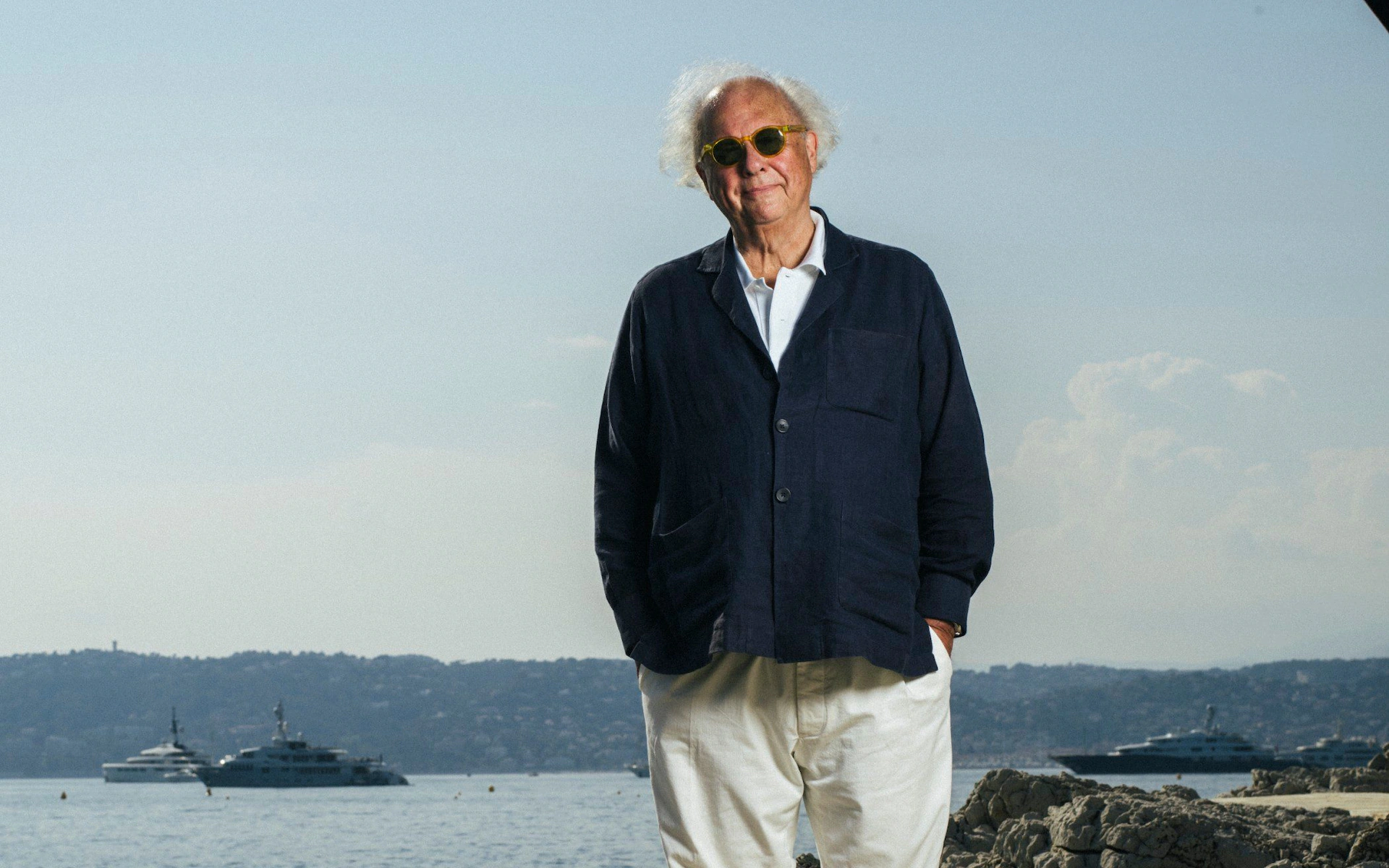

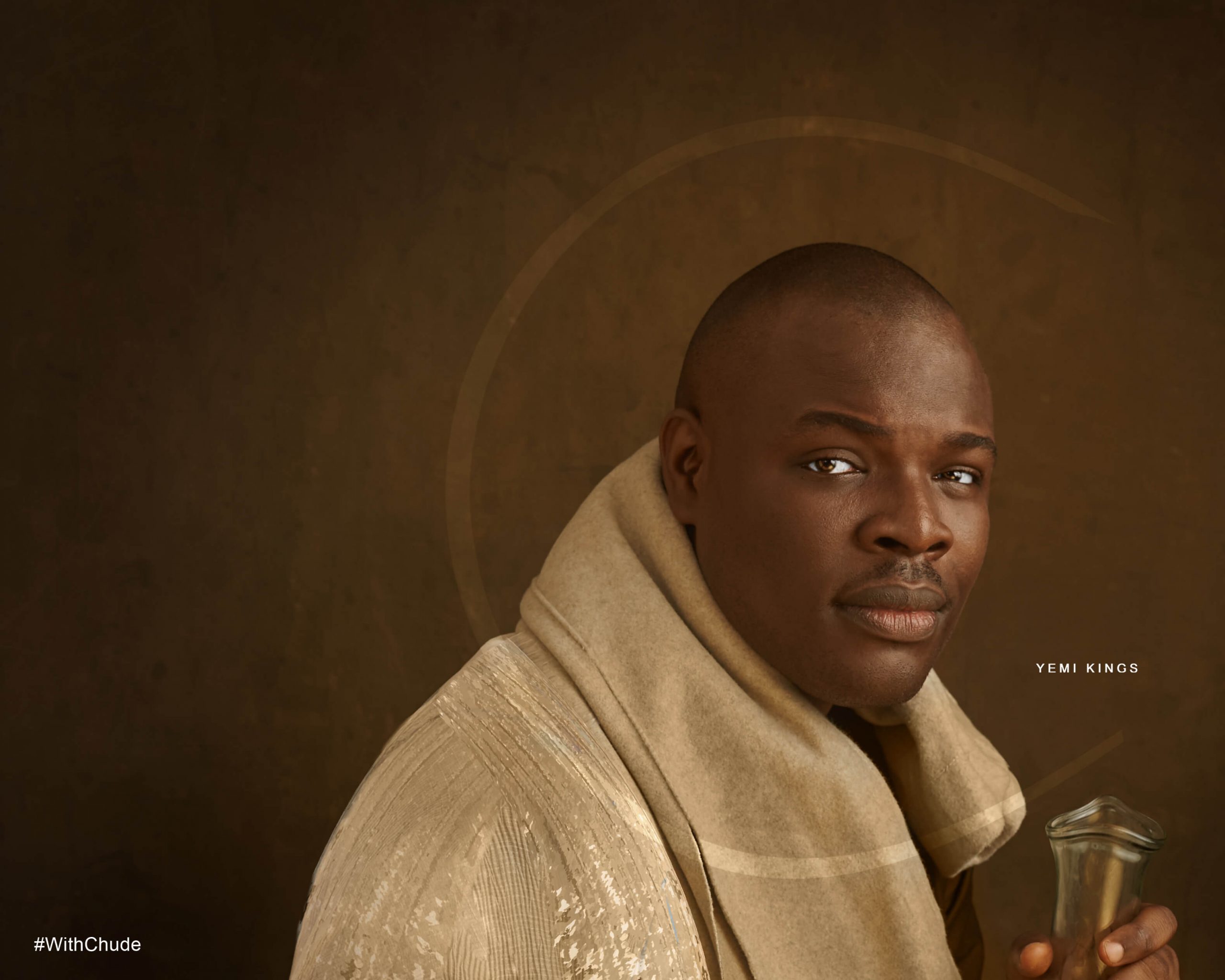
The real Kemi: what everyone gets wrong about the Tory leader